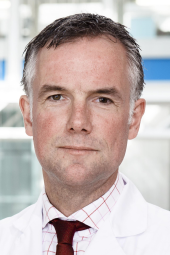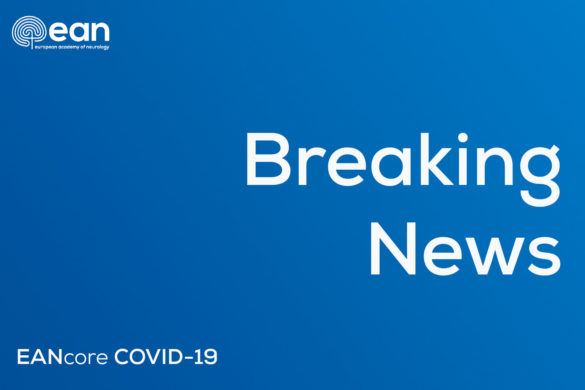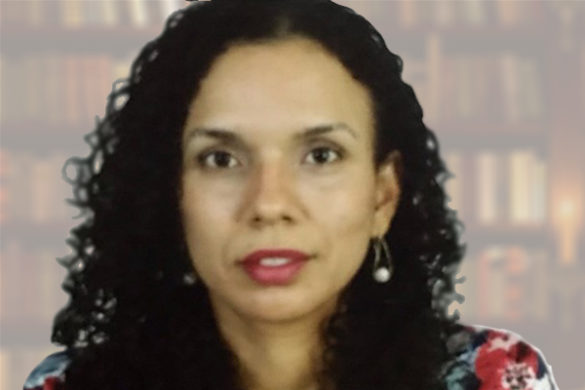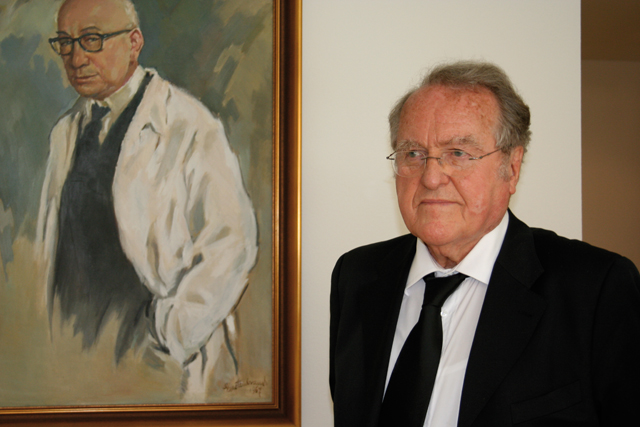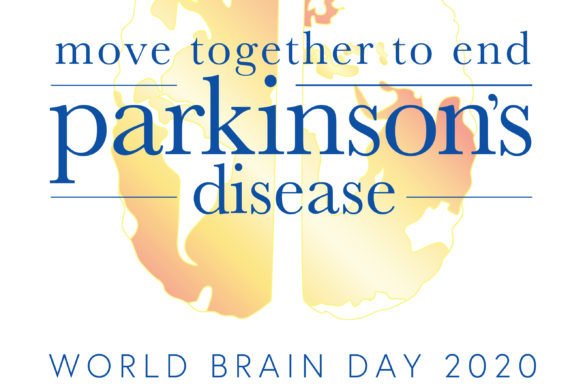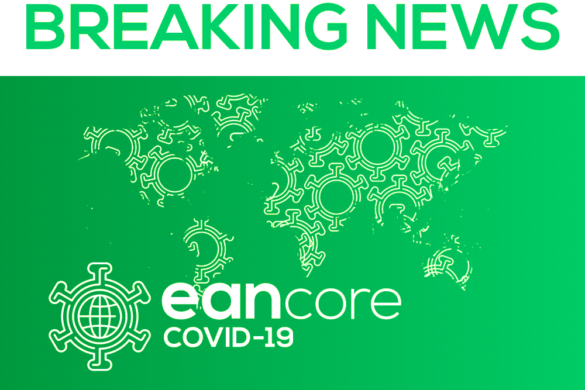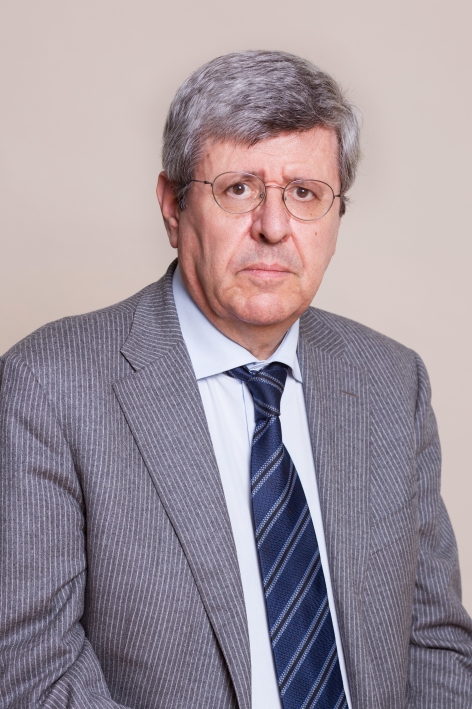
by Riccardo Soffietti
Dear Colleagues and Friends,
Education is one of the major priorities for the EAN, and the Society offers several opportunities.
Over the last years, the educational program at the EAN annual Congresses has been increasingly articulated in different formats (traditional Teaching Courses, Hands-on-Courses, Interactive Sessions including the EAN Brain Challenge, Case-based Workshops, Controversies, and Career Development Sessions) in order to better fit with the multifaceted aspects of Clinical Neurology. EAN Schools (in spring and autumn) are intended to give an update on current and novel standards of diagnosis and treatment in specific subfields of neurology, trying to cover both traditional and more specialized topics. As an example, in the 2019 Spring School, we will cover stroke, higher cortical functions, and neurorehabilitation, whereas in the 2018 Autumn School we covered episodic loss of consciousness, gait disorders, and tremor. The organization of Regional Teaching Courses (RTC) and EAN Days for underserved areas of Europe or countries that are close to Europe has been quite successful, and among others, this will serve to strengthen the relationships and give support to the local National Societies of Neurology with the final aim to homogenize the practice of neurology across Europe. In this regard, there is an ongoing cooperation between EAN and AFAN (the Society of Neurology representing Africa) in order to organize RTCs in Africa.
Another important offer from the EAN are grants for Clinical and Research Fellowships opened to either residents in Neurology or young board-certificated neurologists. The purpose of the Clinical Fellowship is to provide a well-defined observational clinical practice by supporting a six weeks visit in foreign clinical departments with recognized clinical expertise. The purpose of the Research Fellowship is to support training and experience for European neurologists in any area of basic or clinical or applied research in neuroscience. The research work must be carried out at a European academic neurological department outside the country of residence. All applications should demonstrate experience/training of clear value to the home department/individual beyond that available in their own countries/institutions.
In the future, we will optimize the education tools available via website (“e-brain” education): currently, we are working on the development of our own educational platform with the intent that the EAN could act as a CME provider. As most subfields of neurology have become multidisciplinary, efforts are being pursued to establish forms of cooperation with other Scientific Societies, in particular those of neurosurgeons, neuroradiologists and neuropathologists, in order to develop conjoint educational events.
Last but not least, the EAN is supporting, together with UEMS (Union Européenne des Médecins Spécialistes), the European Board Examination in Neurology. This certification is not still legally recognized in most European Countries, thus for the moment is a sort of Certification of Excellence in Neurology. Since 2013, the examination has been opened to candidates worldwide. A Core Curriculum in Neurology for residents has been developed for the preparation of the Board Examination. This CV describes the competencies to be acquired in a post-graduate training in Neurology, with a detailed description of clinical skills, laboratory investigations and interdisciplinary aspects of whom residents must ultimately become familial. This document is upgraded every four years in order to include all new developments in the subfields of neurology.
I hope that you will participate with increasing enthusiasm to all these initiatives: your feedback, including criticisms and suggestions, will be crucial to improve our services to the neurological community.
Prof. Riccardo Soffietti
Chair, EAN Education Committee
Professor Soffietti is chair of the EAN Education Committee and Chairman of the Research Group for Neuro-Oncology of the World Federation of Neurology





